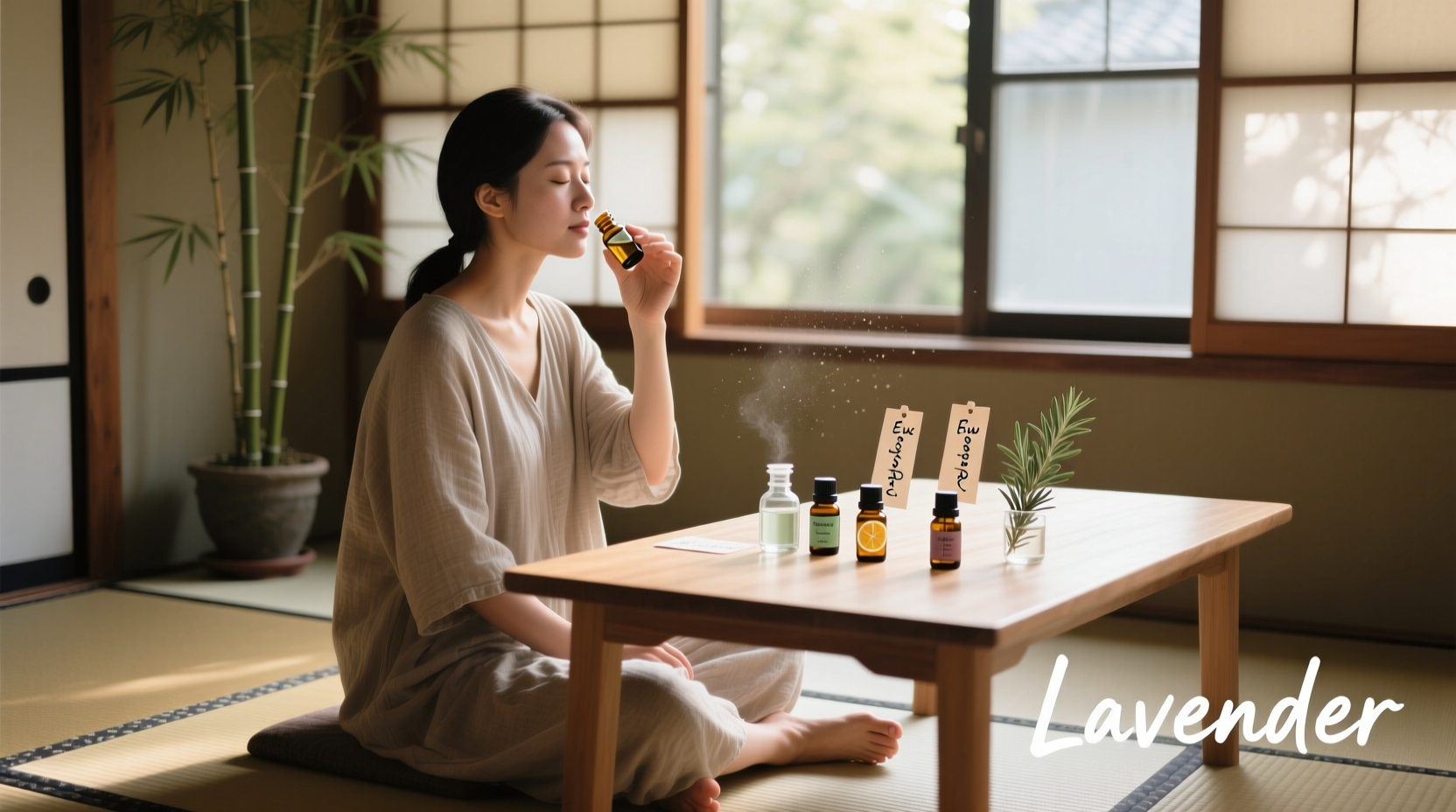If you've lost your sense of smell or taste—most commonly after a viral infection like COVID-19, cold, or flu—you can typically regain these senses through evidence-based methods. The most effective approach is smell training (olfactory training), which involves daily exposure to strong scents like lemon, rose, cloves, and eucalyptus for 12+ weeks. Most people recover within 2-4 weeks, though some may take months. Always consult a healthcare provider to rule out serious causes and get personalized guidance.
Why Smell and Taste Loss Happens
When you lose your sense of smell (anosmia) or taste (ageusia), it's usually because inflammation from an infection blocks odor molecules from reaching your olfactory receptors. Viruses like SARS-CoV-2, influenza, and common cold viruses cause this temporary disruption in 85-95% of cases. Your taste buds remain intact, but without smell input, food seems bland—since 80% of what we perceive as 'taste' actually comes from smell.

Your Recovery Timeline: What to Expect
| Recovery Stage | Timeframe | What You'll Experience |
|---|---|---|
| Acute Phase | Days 1-14 | Complete or partial loss; heightened sensitivity to certain smells |
| Early Recovery | Weeks 2-8 | Distorted smells (parosmia); metallic or foul tastes with certain foods |
| Significant Improvement | Weeks 8-16 | Gradual return of normal smells/tastes; lingering distortions with strong odors |
| Full Recovery | 3-6 months | 90% of patients regain normal function; some report subtle differences |
According to a 2021 NIH study tracking 2,500 COVID-19 patients, 95% recovered their sense of smell within 6 months. Recovery rates are similar for other viral infections, though the timeline may vary based on your age, overall health, and the specific virus involved.
Evidence-Based Recovery Methods That Actually Work
Smell Training: The Gold Standard Treatment
Developed by German ENT specialist Thomas Hummel, smell training involves deliberately sniffing four distinct scents twice daily for at least 12 weeks. This neuroplasticity exercise stimulates olfactory nerve regeneration:
- Choose your scents: Lemon (citrus), rose (floral), clove (spicy), and eucalyptus (resinous)
- Technique matters: Hold each scent 2 inches from nose, inhale gently for 20 seconds while focusing on what the smell should be
- Consistency is key: Perform twice daily for minimum 12 weeks—even if you smell nothing initially
A 2020 American Academy of Otolaryngology review found patients who completed 12+ weeks of smell training improved 30% more than those who didn't. Keep a scent journal to track subtle changes—many report "aha" moments after 8-10 weeks.
Dietary Adjustments for Better Taste Perception
While recovering, modify your eating habits to maximize flavor perception:
- Temperature contrast: Serve foods at extreme temperatures (very cold or hot) to stimulate different taste receptors
- Texture focus: Incorporate crunchy elements (seeds, nuts) to enhance mouthfeel experience
- Acid boost: Add citrus or vinegar to dishes—sourness often registers before other tastes
- Avoid mixing flavors: Eat components separately to isolate taste sensations
When Medical Intervention Helps
Consult an ENT specialist if symptoms persist beyond 4 weeks. They may recommend:
- Steroid nasal sprays: For inflammation reduction (prescription required)
- Vitamin A drops: Emerging research shows potential for nerve regeneration
- Saline irrigation: Gentle neti pot use to clear nasal passages
Note: Zinc supplements are controversial—while some studies show benefit, others link high doses to permanent smell loss. Never take zinc without medical supervision.
Red Flags: When to See a Doctor Immediately
Seek urgent medical attention if you experience:
- No improvement after 4 weeks of consistent smell training
- One-sided nasal obstruction with smell loss
- Head injury preceding smell/taste loss
- Additional neurological symptoms (vision changes, weakness)
Persistent smell loss could indicate sinus polyps, neurological conditions, or other treatable issues. An MRI or CT scan may be necessary for proper diagnosis.
Managing Parosmia: The Distorted Smell Phase
During recovery, many experience parosmia—where familiar smells become distorted (coffee smells like sewage, onions like chemicals). This frustrating phase actually indicates healing nerves. To cope:
- Identify trigger foods: Common culprits include coffee, onions, and meats
- Modify cooking methods: Try air frying instead of pan-frying to reduce offensive odors
- Reintroduce gradually: Start with small amounts of trigger foods while smell training
- Use scent anchors: Keep familiar scents nearby during meals to counter distortions
Research from the AbScent charity shows parosmia typically lasts 3-6 months before normal smell perception returns. Document your progress—many find comfort in tracking small improvements.
Long-Term Outlook and Prevention Tips
For the 5-10% who experience prolonged symptoms:
- Continue smell training indefinitely: Many maintain a weekly routine even after recovery
- Protect your senses: Wear masks during high-pollution days or when exposed to strong chemicals
- Nutritional support: Maintain adequate vitamin B12 and zinc levels through diet (consult doctor first)
Prevent future episodes by practicing good nasal hygiene—use saline sprays during cold/flu season and avoid prolonged exposure to strong irritants like cleaning chemicals.
How long does it take to regain smell and taste after COVID?
Most people recover within 2-4 weeks after COVID-19. According to NIH data, 95% regain full function within 6 months. Recovery timelines vary based on age, viral load, and pre-existing health conditions.
Can smell training really help if I can't smell anything?
Yes. Even if you detect no scent initially, consistent smell training stimulates neural pathways. Studies show patients who continue for 12+ weeks improve significantly more than those who stop early, regardless of initial detection ability.
Why does coffee smell bad during recovery?
This distortion (parosmia) occurs as healing nerves send scrambled signals. Coffee's complex chemical profile often triggers distorted perceptions. Try cold brew or decaf temporarily, as they contain different compounds that may smell more normal during recovery.
Should I take zinc supplements for smell recovery?
Not without medical supervision. While zinc is important for taste/smell function, high-dose supplements have been linked to permanent smell loss in some cases. Get zinc from food sources like oysters, beef, and pumpkin seeds instead.
What's the difference between smell training and just smelling things?
Smell training requires focused attention and memory recall—not just passive sniffing. The therapeutic effect comes from consciously trying to remember what each scent should smell like, which stimulates specific neural pathways crucial for recovery.











 浙公网安备
33010002000092号
浙公网安备
33010002000092号 浙B2-20120091-4
浙B2-20120091-4